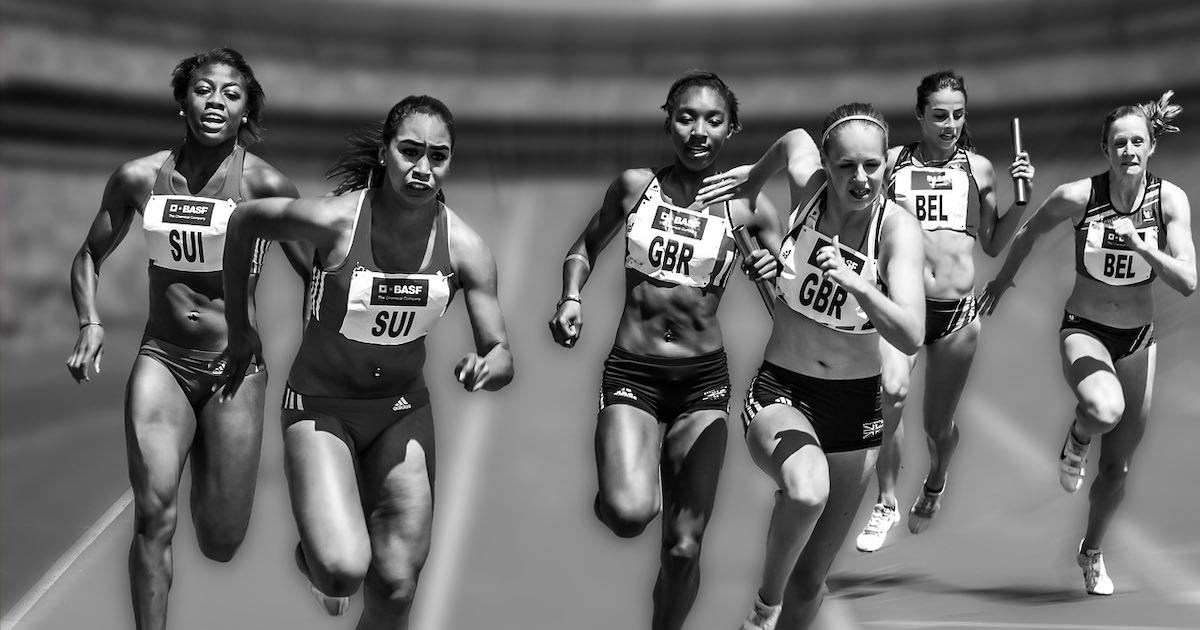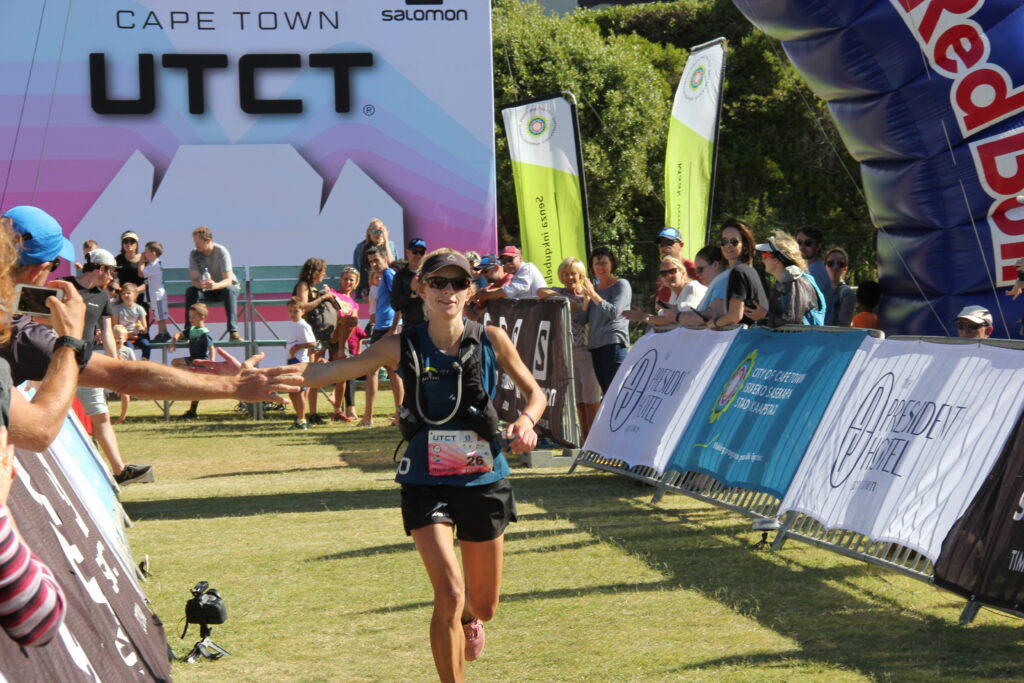There is no doubt that interest in nutrition has risen significantly in recent years, particularly with the advent of Instagram. It seems that never before has what we eat been of such importance. There are many different opinions that cause a huge amount of controversy in the world of nutrition.
With more and more individuals claiming to be “experts” in nutrition and offering advice, is there really any benefit to a bespoke nutrition plan?
Within the sports world, nutrition is integral to sport performance. While most of us will appreciate its role in fuelling training and recovery, what you may not be aware of is the extended role it plays with regards to body composition, bone health, consistency in training, mood and motivation including the prevention of illness and injury.
In fact, one of my main roles as a sports dietitian working with athletes of all levels and across a variety of sports is educating them on what makes the most nutrient dense choices dependent on their training load, intensity, general lifestyle, genetics and gender.
Training is a stimulus – every time we run, regardless of whether this is hills, race pace or a long trail run, we are further developing the neuromuscular pathway between our brain and muscle; recruiting more muscle fibres and nerves to become stronger, faster, leaner or build endurance. This process takes a lot of energy which is why when, and how, you fuel and recover around training sessions is critical to achieve performance outcomes.
Insufficient carbohydrate availability around high intensity training sessions can result in a low or no production of growth hormone which is essential for speed progression and production of lean muscle mass. Similarly, chronic energy deficiency will potentially impact every biological process within the body.
When there is a relative energy deficiency, the body has evolved to prioritise movement over physiological function; thus metabolic rate can be reduced as much as up to a third and the body will actually preserve energy, halting or slowing biological systems such as hormonal, cardiovascular, digestive and mental health.
When I work with a new athlete/runner, I take time to get to know them, not just their mileage and races. It’s important to get a feel for their life in general including the type of job they have and what implications this may have for meal times and training. Can they cook, what is their budget and general understanding of nutrition. What are their body composition goals and are they realistic?

From this you start to build a plan. If they have a coach, you work with them and the training schedule that has been developed. So, not only do you provide nutritional strategies to enhance training and allow for consistency, you also take into consideration the practicality.
If a runner has to do a high percentage of their running early in the morning, they may think it’s best to do this fasted but helping them to understand their end goals and the processes required to get there, you can provide them with suitable suggestions.
In this particular situation, I would recommend something light and easily digestible prior to their morning commute, maybe a banana, yoghurt or handful of dried fruit, followed by a portable breakfast once in the office. Good examples include Bircher style muesli, peanut butter and banana wrap or porridge pot topped with nuts and dried fruit.
Another key area of working with a nutritional professional is honing in on race day strategy – it’s such an important aspect of performance. You should practise your race day nutrition plan at race pace, so that you can go into the race confident that this will work for you.
I work with many runners who train hard but don’t practise fuelling, only for this to be their limiting factor on race day. A good nutrition practitioner and plan will work on the principle of trialling different options, take on feedback from the runner and then devise a plan that they know works from all aspects i.e. it hits race day requirements nutritionally, it can be tolerated and tastes good.
Similarly, something I focus on with my clients is ensuring that we have a contingency plan. Even with the best build up and preparation, we don’t have control over everything so it’s good to have worked through the worst case scenarios and what your solution will be. Again, this just helps the runner go into a race day situation with confidence.
Working with someone who can help you understand your nutritional requirements around training and lifestyle is extremely important in order to get the best out of your performance. The difficulty is making sure that your nutrition information and planning is coming from a credible source.
Not only is this critical to get appropriate advice for you as an individual, but it’s also important to work with someone who can help you monitor your progress and behaviour. One thing a nutrition plan should never do is make you more obsessive.
While there are always times when you may need to be more vigilant with your diet, the most successful athletes I’ve worked with are the ones that also understand downtime and balance.



